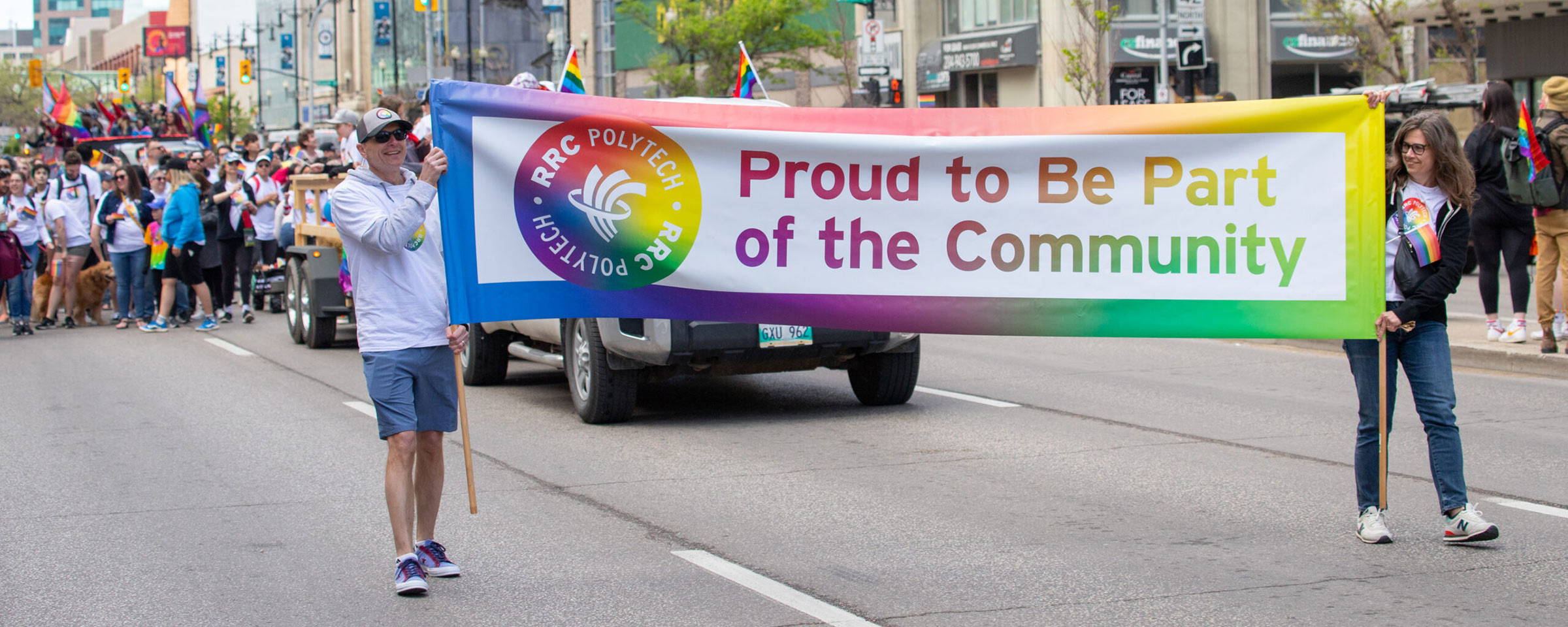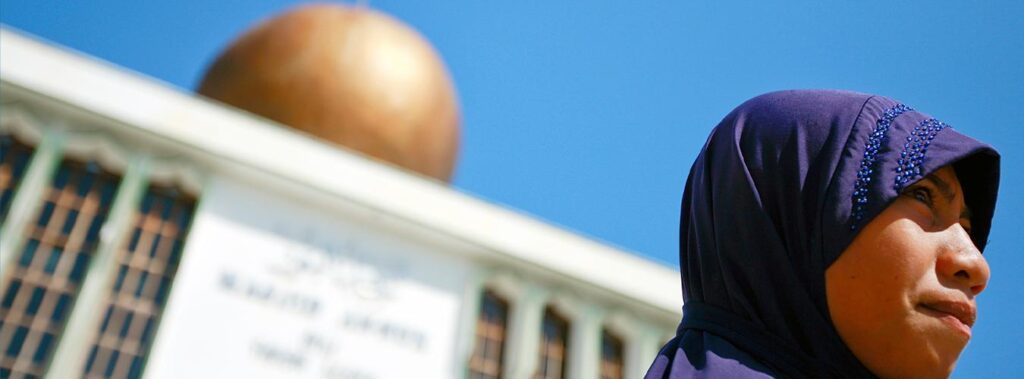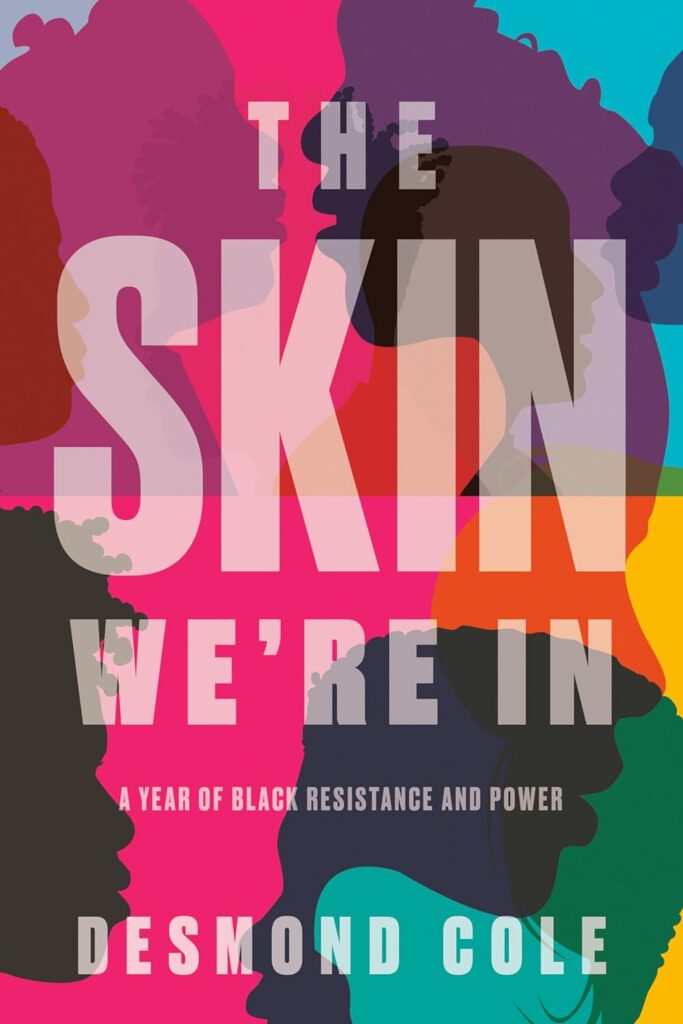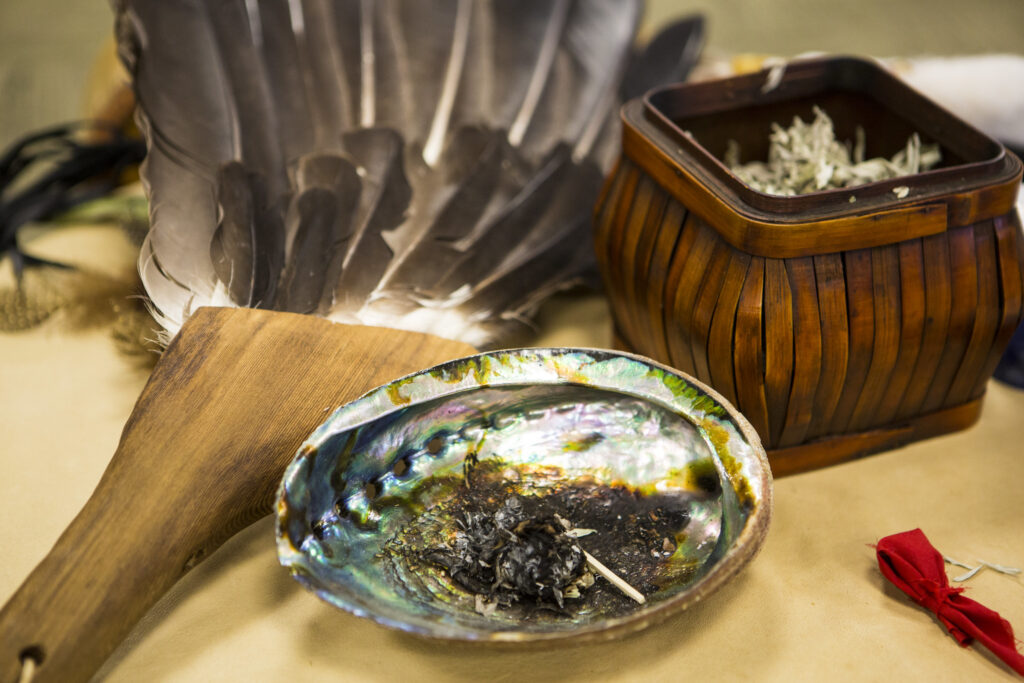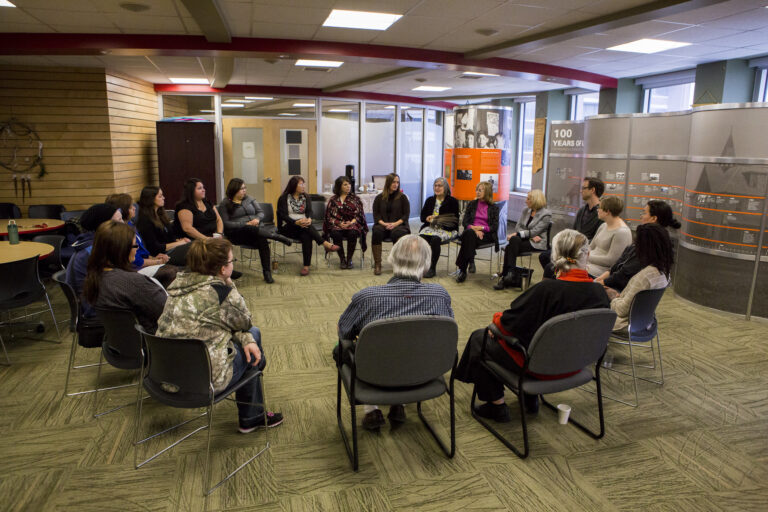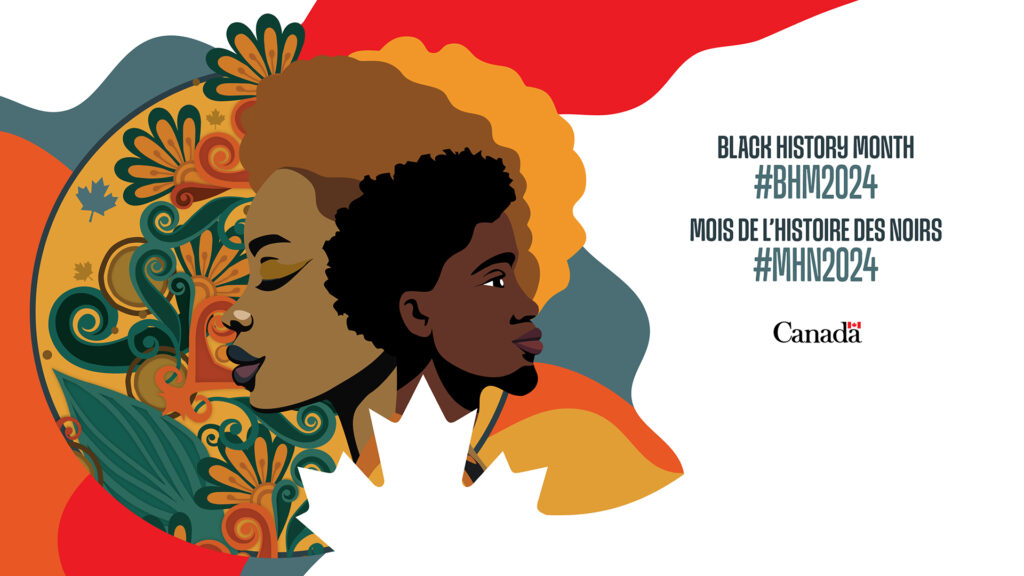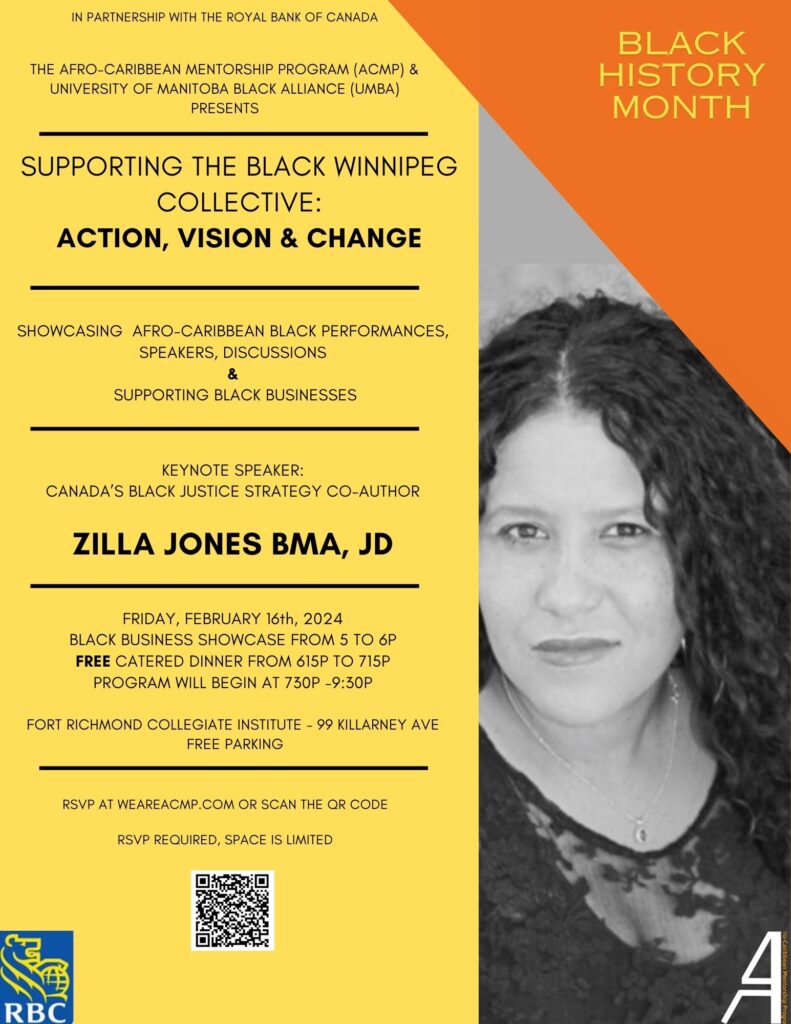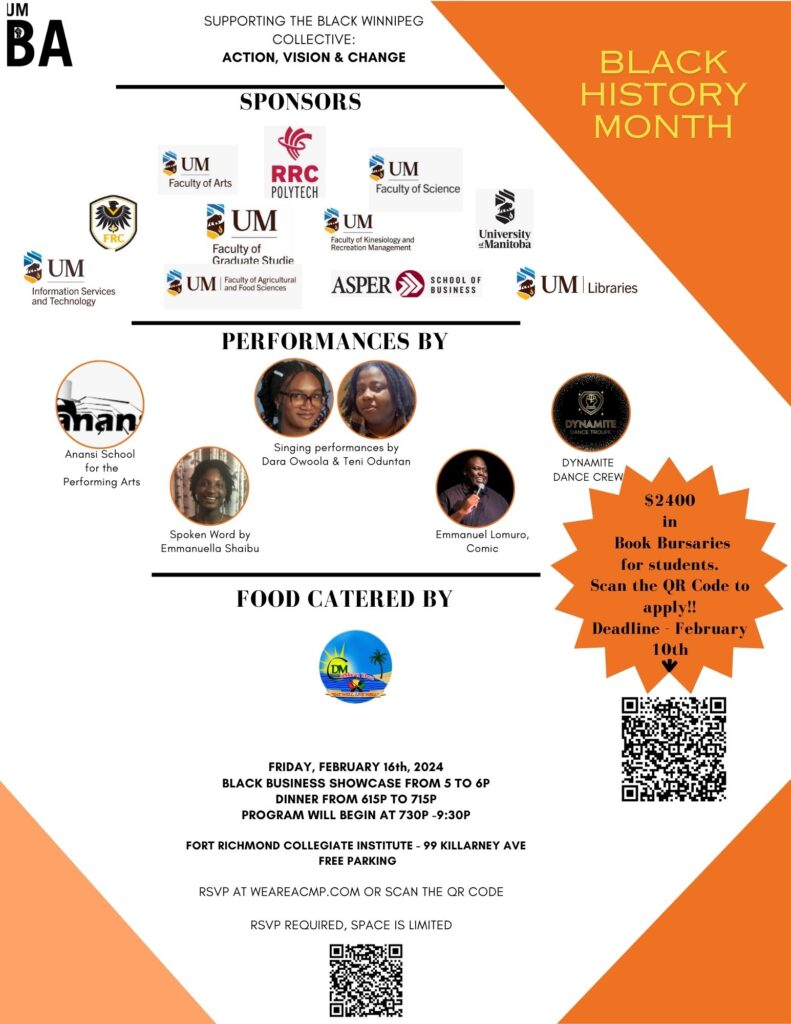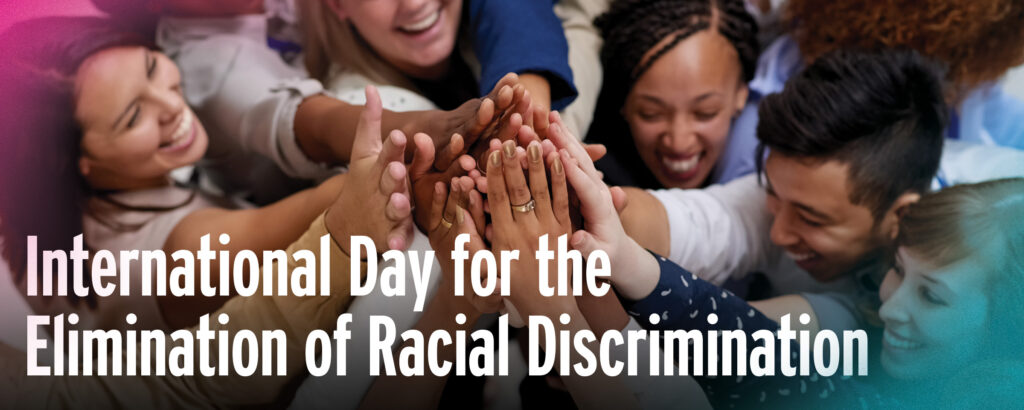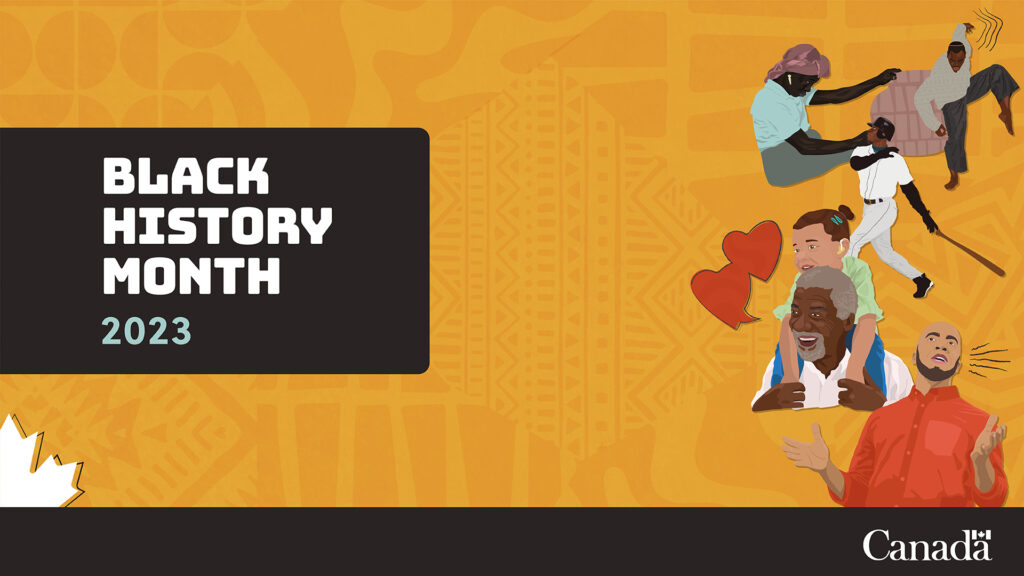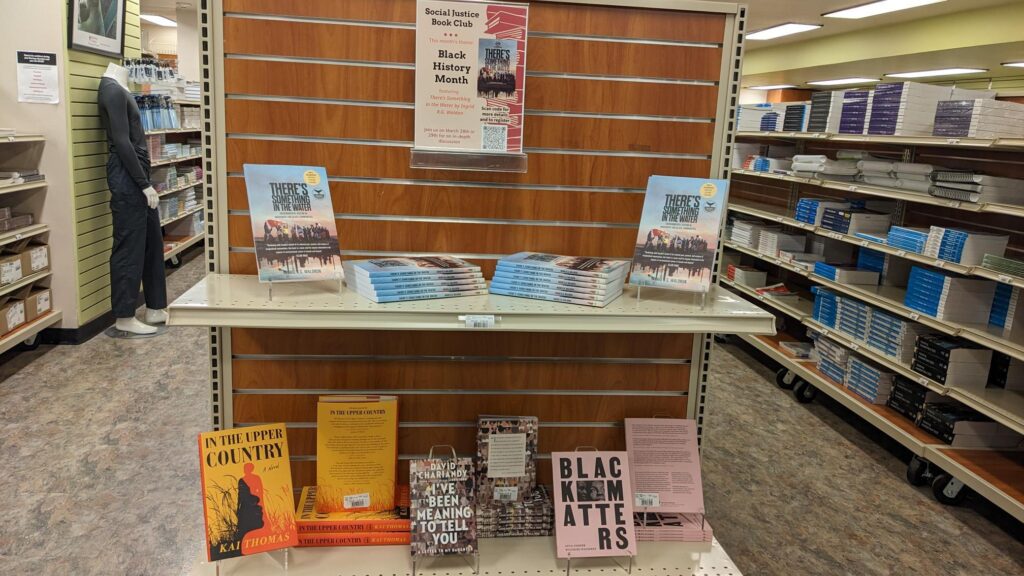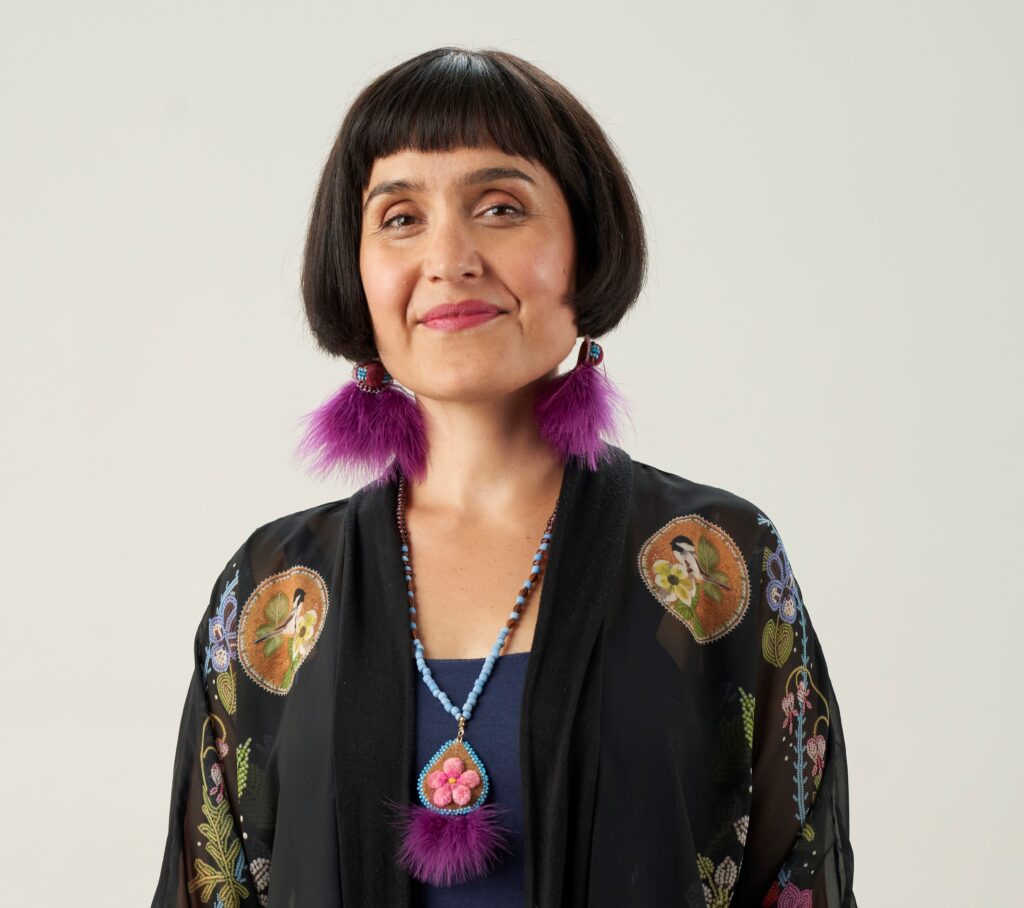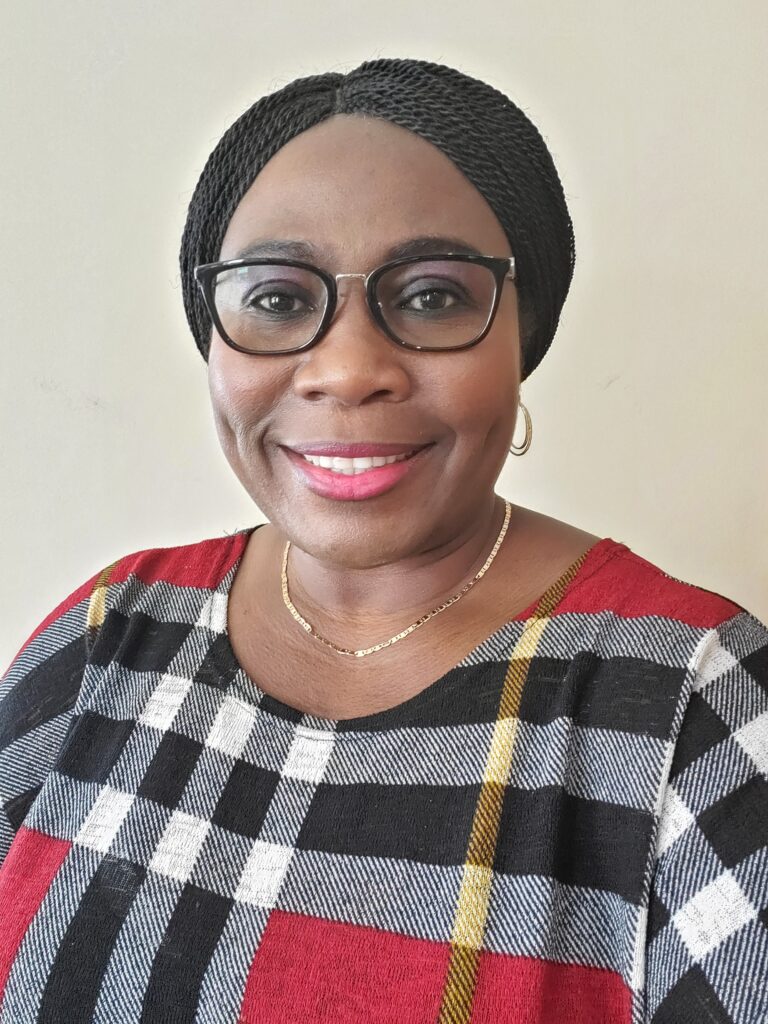International Day for the Elimination of Racial Discrimination
Today, the International Day for the Elimination of Racial Discrimination is observed annually on March 21 – the day the police in Sharpeville, South Africa, opened fire and killed 69 people at a peaceful demonstration against apartheid “pass laws” in 1960.
Since then, some racist systems have been dismantled but, in many regions, too many individuals, communities, and societies suffer from the injustice and stigma that racism brings. We can use this day to reflect on the fact that Indigenous peoples and racialized communities continue to experience racism and discrimination in Canada every day. We can re-commit to take action against racial discrimination in all forms to ensure a world where everyone has equitable access to all aspects of society.
Learn more about the United Nation’s theme for 2024: “A Decade of Recognition, Justice, and Development: Implementation of the International Decade for People of African Descent”.
Film Screening: The Skin We’re In
Today, the Social Justice Engagement Club is an initiative put on by the Anti-Racism Action Committee to create a space for students, faculty and staff to foster a learning community that advances Truth and Reconciliation, and Diversity, Equity and Inclusion.
In recognition of International Day for the Elimination of Racial Discrimination on March 21, join the Social Justice Engagement Club for a film screening and guided conversation for faculty, staff and students. We’ll provide snacks and you could win a book.
We will be screening the CBC documentary, “The Skin We’re In.”
Day: Today, Thursday, March 21, 2024
Time: 12:00 pm – 1:00pm
Locations:
- Notre Dame Campus: Active Learning Classroom (Library, CM27)
- Exchange District Campus: Roundhouse Auditorium
Read more about the event and register on the diversity blog.
Anti-Racism Training:
As a College community we have a responsibility to commit to standing up, speaking out, and pushing back against racism in all its forms.
We know diversity is one of our greatest strengths and the College is home to thousands of employees and students from all different backgrounds. Every one of us brings a unique perspective, experience, and connection to our workplace and classrooms.
If you have not yet had the opportunity to complete your Anti-Racism Training for Employees, please make time to complete this training and learn more about privilege, unconscious bias and decision-making, the difference between anti-racism and systemic racism, why microagressions are called “death by a thousand cuts” and why silence makes things worse. Through Anti-Racism: A Journey to Allyship training, you will leave with concrete actions you can take towards racial equity and tackling discrimination that make a difference.
Complete your training here.
